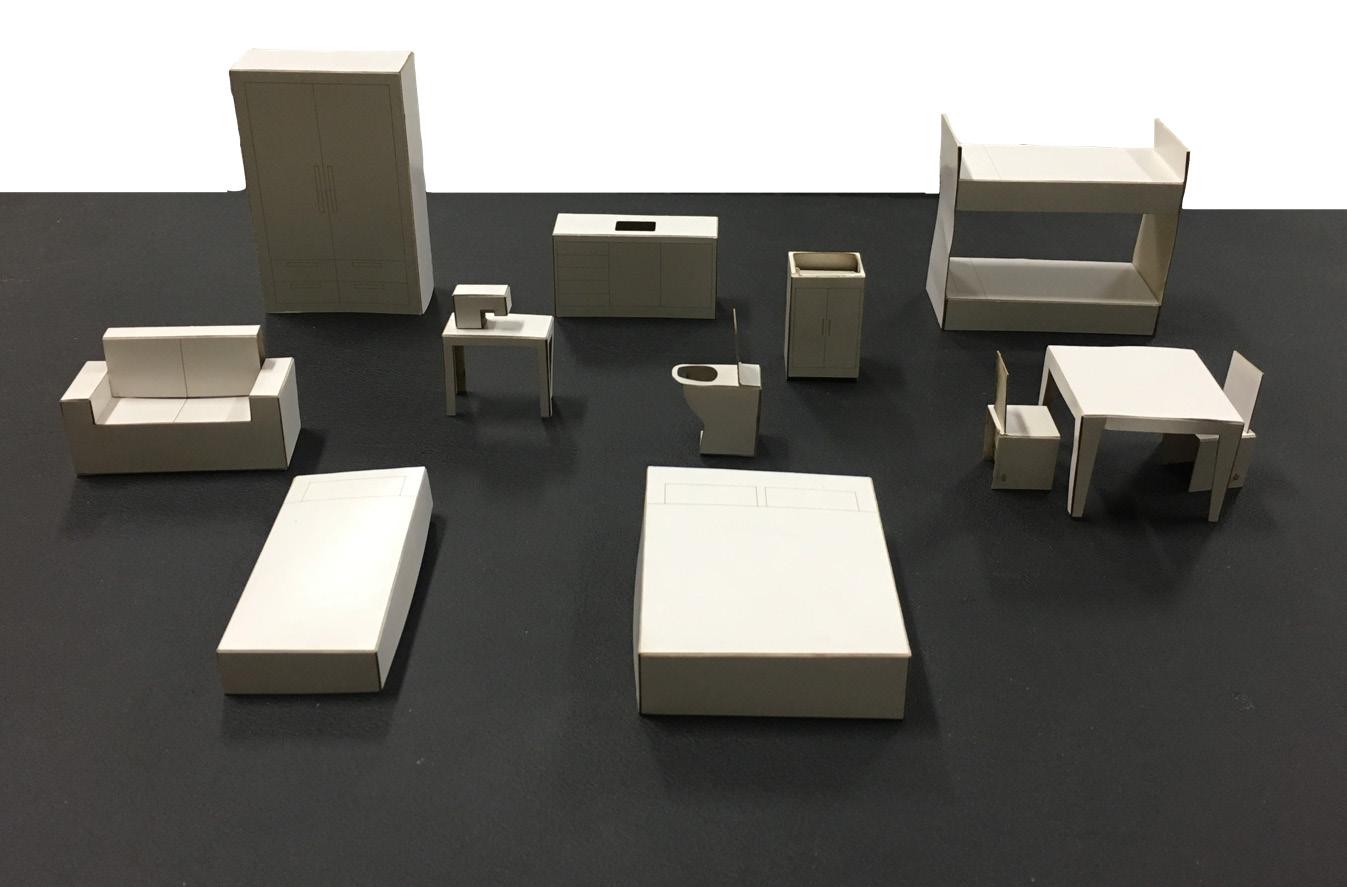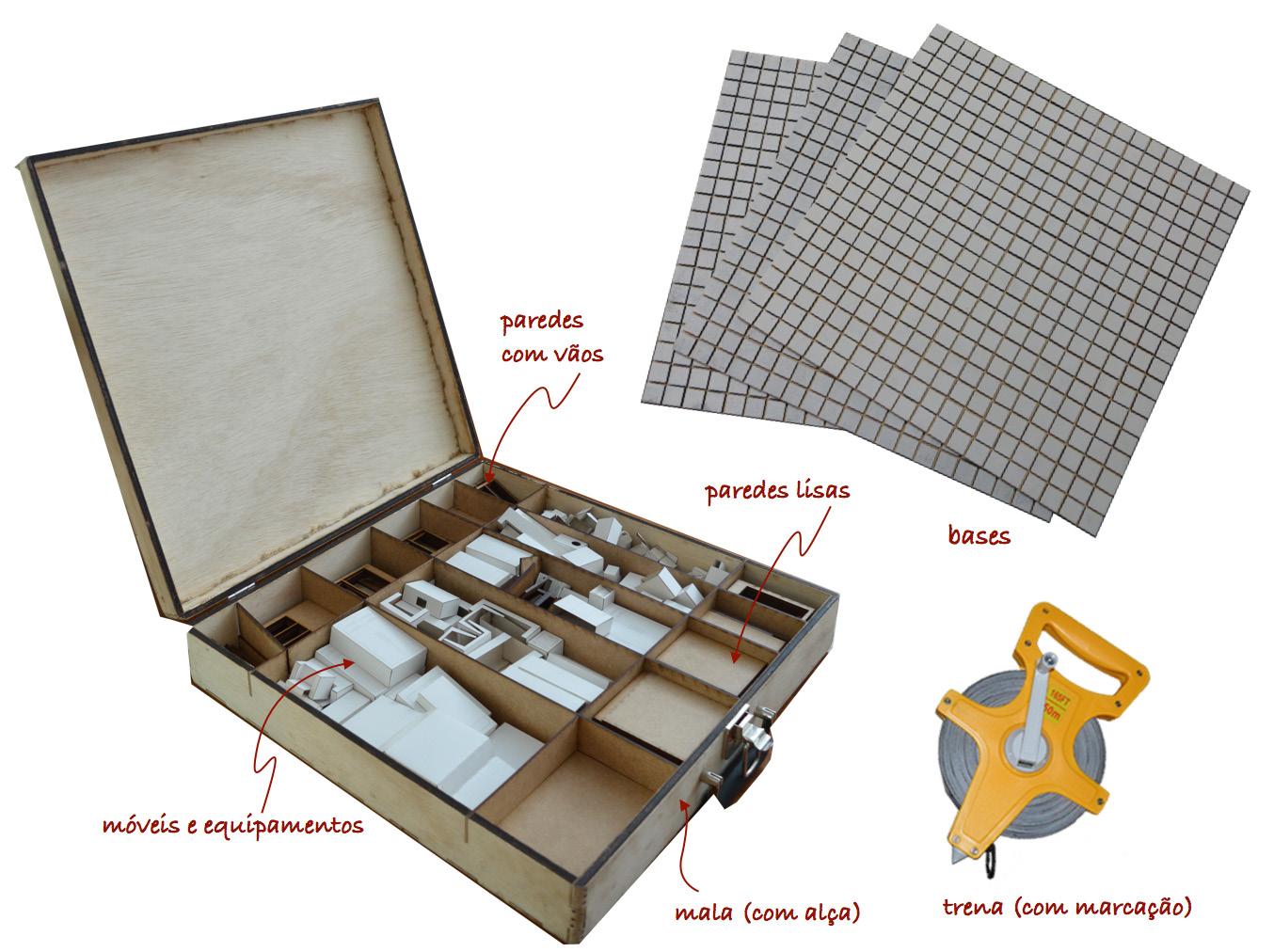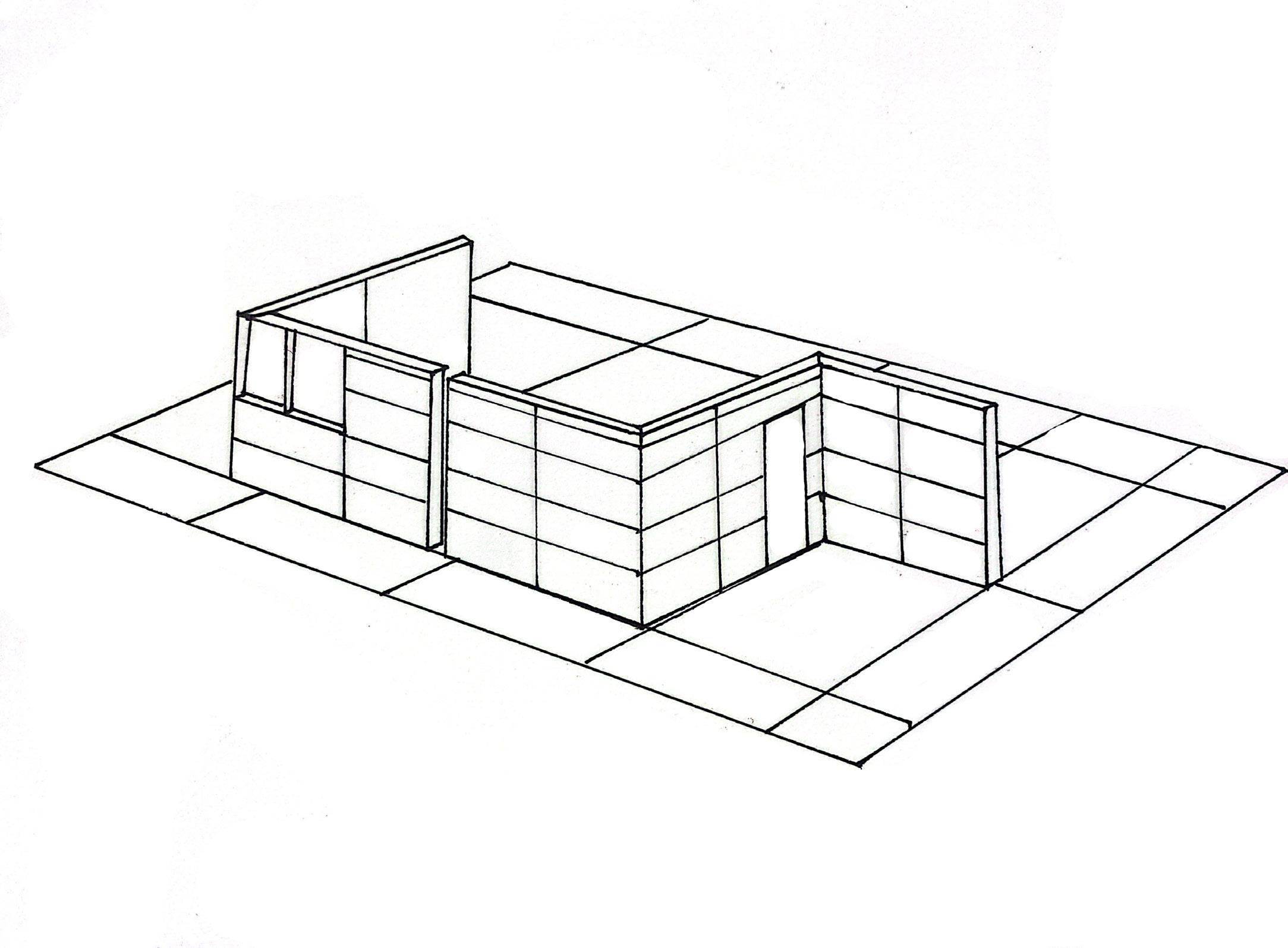
1 minute read
SOCIAL INFRASTRUCTURE IN BRAZIL
MOM is a research group at the State School of Architecture in Belo Horizonte, Minas Gerais, Brazil. It focuses on small scale habitation and civic spaces in a non-architectural context. It achieves this by having no specific research purpose, but rather, operates as a flux of research revolving around the themes of urban sociology, economy, politics and construction technology.
Their name, “Morar de Outras Maneiras”
Advertisement
(MOM), or Living in other ways, hints that the research group’s aims focus on alternative methods to achieve better socio-spacial awareness. This is carried out through the rejection of goal setting in favour of engaging with a plethora of different research areas.
One of MOM’s key projects includes Jogo da Maquette, an experimental game consisting of a briefcase containing small, sealed and open walls, windows and furniture at 1:25 scale alongside a base and measuring tape. Like Lego, this allows for quick and accessible iterative model-making for clients and architects alike. It also helps further role of the maquette in the world of informal and vernacular construction and highlight the use of iteration, practicality and community lead architecture. The game subverts the idea of the maquette as a tool of visualisation of grandeur over practicality to create an architectural tool that innovates by simplicity.

The use of small and thoughtful interventions such as these allow MOM to influence architectural processes through their research of socio-spacial awareness. This approach allows for urban morphology and infrastructure to be viewed on a smaller, zoomed-in scale, and allows for a rejection of the idea of architectural master planning.

One constraint of MOM has is that by solely being a research group and having an ethos of research over practice, the result can only be at best influential and is inherently passive. Having said that, MOM’s impact by remaining solely a research organisation increases their recipient audience and clients as an advisory practice. Architectural firms, NGO’s, Politicians and people involved in construction and architecture in Brazil and a greater Latin American context can use MOM to influence their designs and decision making.










